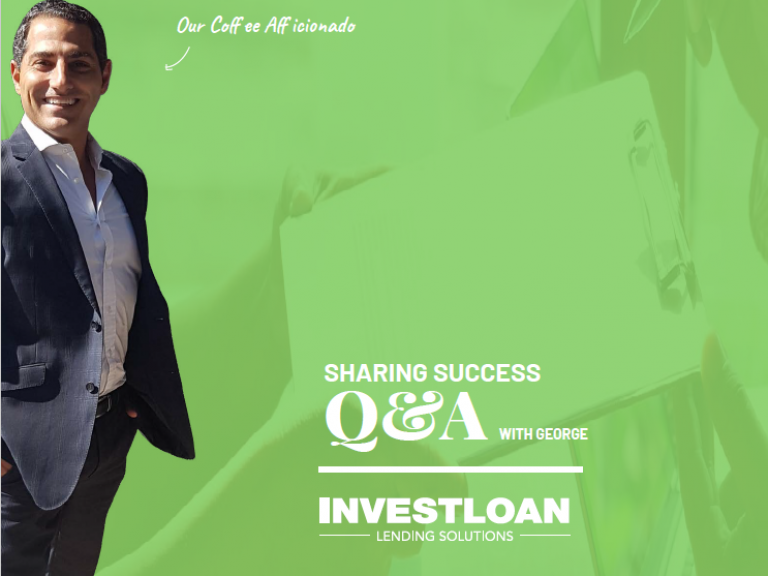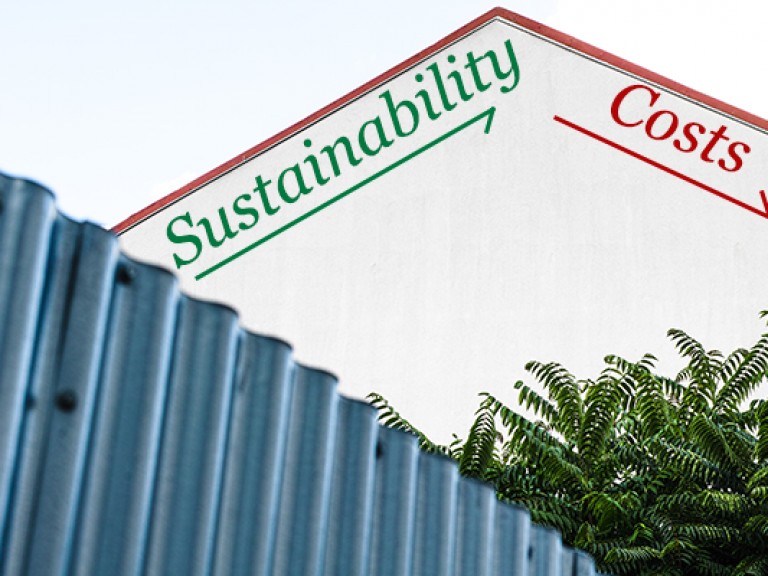How to Sell Property?
So far, we’ve talked broadly about having an exit strategy, that is, the need to plan as soon as possible how you intend to crystallize the value of your asset. In this session, I mention some of the main methods by which you may plan to sell your property – plans you can begin to put into effect even while you’re still working at ramping up the property to its highest and best use value.
• Start with a good real estate agent. Get them enrolled in your vision and agree with the value you want to place on the property at its highest and best use. You could get a valuation done but you may not need one if you have comparable sales information (since this is what the valuers will use anyway).
• Interview a few agents, and ask them what is their most recent proven success method. Get submissions on their recommended preferred marketing strategy for the kind of property you’re dealing in. You can then choose (a) which agent and (b) which sales/ marketing method you’ll go for. There are three popular ways of selling that real estate agents will talk to you about.
Auction
In a public auction, a property will be put to the market at a specific time and date. Those intending to buy compete against each other in an open forum to buy the property at the highest bid. Auctions are a very popular means of selling property in Melbourne and Sydney, where the market is educated to them, but they are less popular in other areas.
I see auctions as a great ‘conditioning’ process, as a way of creating emotional pressure on buyers and vendors alike. In a rising market, an auction is a great way to condition would be buyers to pay more than they intended. You often see people at auctions set themselves a budget and then in the excitement of the moment, bidding furiously at $40,000–60,000 above their limit. Agents sometimes play on this, nudging the price a little higher by using dummy bidders or simply talking up the property (‘We’ve had lots of interest...’; ‘It’s definitely worth more.’). If the market is running hot and you’re selling a standard house, small unit site or backyard subdivision, an auction can be a great way of maximizing the return from your asset.

However, the conditioning process can work both ways. At the same time as agents are conditioning would-be purchasers to bid up, they are often conditioning would-be vendors to accept less (‘There’s just not a lot of interest.’, ‘Perhaps we should review your reserve.’) in order to get both parties to move towards the middle and secure a sale. This is especially so if the market has genuinely soured or flattened. You may not find out the true value of your property to the market until auction day itself – white knuckle time.
Direct sale
This is the old-fashioned way of selling. You put a price tag on the property and promote it (yourself or through an agent) and consider enquiries and offers as they come in. You need to be firm on your price, with a strong conviction about the value you are creating or have created. You will also need to convey some sense of urgency to would-be buyers to make a decision to commit at the asking price. For example, agents often attempt to convince prospective buyers that others are also interested.
If you go the direct sale route, get yourself some really good photographs of the property – wide-angle internal shots to make the rooms look as large as possible and invite inspection. If you’re promoting a potentially high-value site, it may be worth getting aerial photos. Consider having your site/property promoted on the internet.
You may trust agents to advertise the property for you, but you can also do the promotion yourself. I often recommend that people have a single-sheet color brochure done up. Try mailing all the houses within a few hundred meters of the property, inviting people to bring any friends who may wish to move into the area to inspect.

Private treaty or tender
If you are promoting a development site or project, you may prefer to use an informal tender process. A formal tender process involves a large legal document drawn up by a lawyer, which very few buyers ever sign or comply with.
You advertise the site and invite tenders or submissions closing on a certain date (say, 30 days from the date of the advertisement). You prepare a tender package to send out, which includes all the site information, copies of council approvals, your plans, the agent’s opinion on the likely success of the project, and the terms and conditions of sale. On the due date, various offers or tender prices should come in and you can start negotiating.
Tenders are a popular way of selling development sites because they create some urgency. For example, you may approach several builders to purchase a subdivision and they will compete directly with each other in a limited market. Tenders are often done on an exclusive basis whereby you give one agent exclusive rights to sell the property within a defined period after the tender closes. This usually helps to motivate agents.
Whichever method you choose, consult your solicitor about the nuts and bolts of contracting for sale, but remember, as a vendor, you’re on the opposite side of the fence now and looking to sell on terms to suit you. Ideally, that means on an unconditional basis, on the shortest possible terms and with a 5–10 percent deposit.
>>> Coming Next: Finding Deals
Please note: This is an extract from the Success From Scratch – it may not contain the exercises from the full version of the book/audio set, for full version please contact us or follow our blog for more.
Thank you,
The team@Custodian








